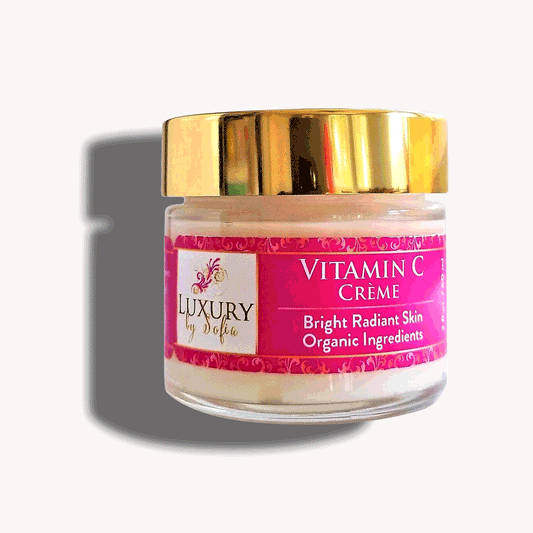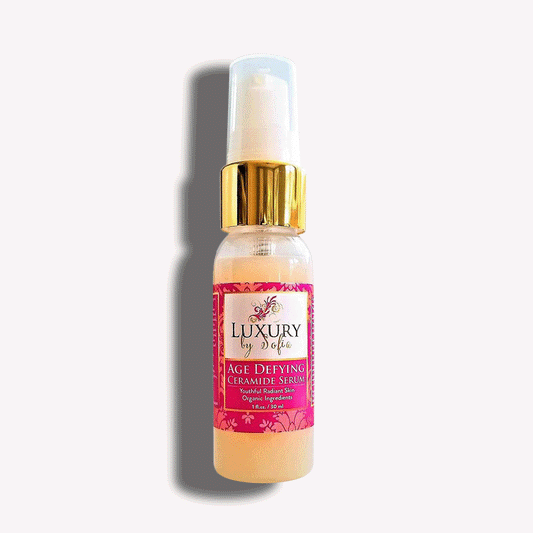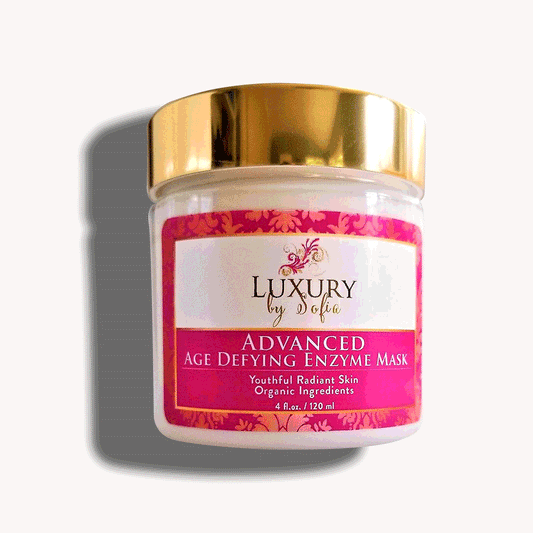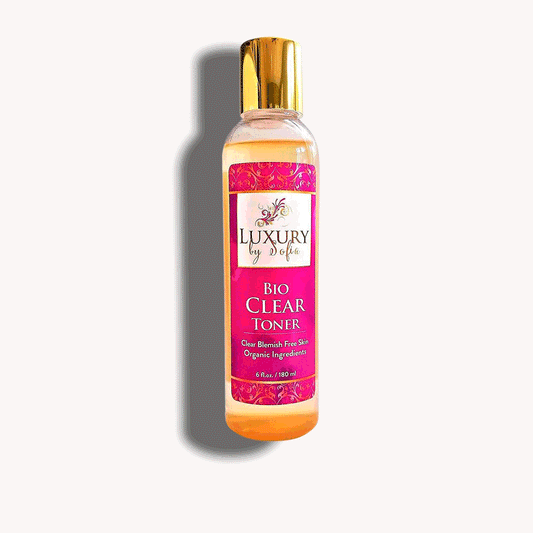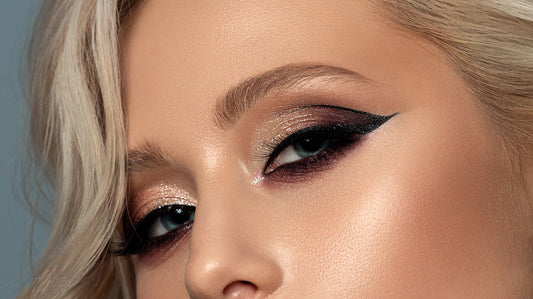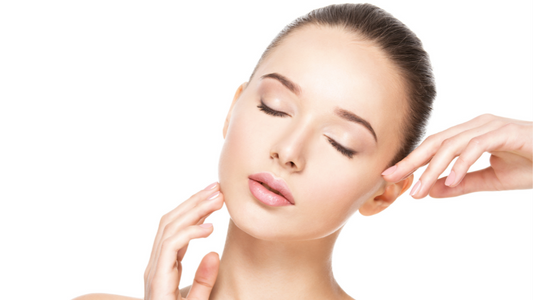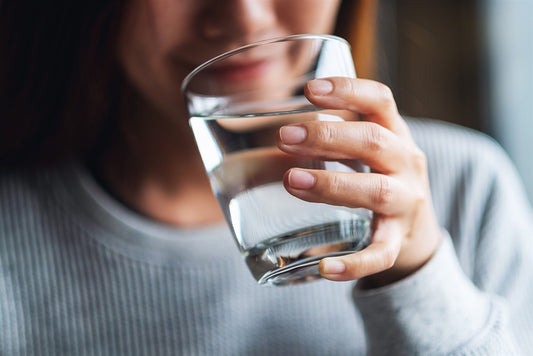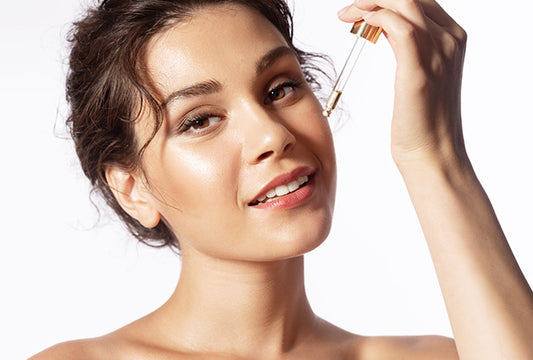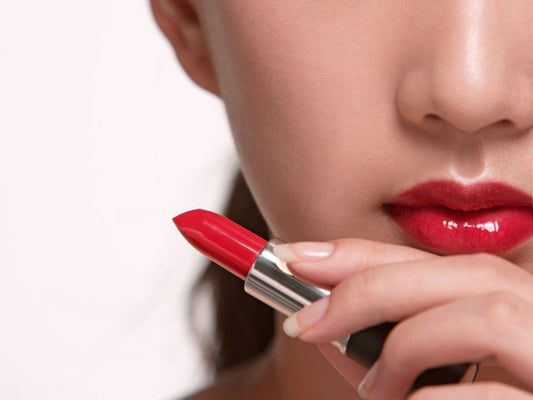
Sunscreen is essential.
While it is common knowledge that sunscreen is a crucial part of every woman’s daily routine, there are still outdated misconceptions about this defensive beauty product that can be sabotaging your sun protection. In this article, we debunk 7 top sunscreen misconceptions so you can reap the most benefit out of your sunscreen.

Organic All Natural Zinc Sunscreen
1. “I have dark skin so I do not need sunscreen.”
All skin, no matter your skin tone, is susceptible to sun damage.
This misconception arises from the fact that it is generally harder to spot signs of sun damage on darker skin tones. Redness, flushing, and pigmentations, are common signs of sun damage that are not as visible on dark skin. It is important that all women apply sunscreen diligently every day no matter their skin color and reapply it every 2 hours to stay protected.
2. “Sunscreen causes cancer.”
There is no medical evidence that points to the theory that sunscreen causes cancer.
Some people may be concerned about potentially harmful chemicals packed into sunscreens that are absorbed by your skin. As long as you stick to FDA-approved skincare ingredients, you do not need to worry about potentially carcinogenic ingredients hiding in your beauty product. If it gives you a peace of mind, choose physical sunscreens that only stay on your skin without penetrating it, like our Organic All Natural Zinc Sunscreen, to stay safe from the sun.
3. “I do not need to reapply waterproof sunscreen after swimming or perspiring.”
Physical activity wears down sunscreen and reduces its ability to filter out UV rays.
Sunscreen needs to be reapplied every 2 hours in order for you to stay protected from the sun. If you go for a swim or experience excessive sweating, be sure to reapply sunscreen on clean skin as soon as possible after.
4. “I don’t need to reapply SPF50 sunscreen as often as SPF30.”
Sun Protection Factor (SPF) indicates the level of protection, not how long the sunscreen lasts. Sunscreens are generally effective for about 2 hours and should be reapplied regularly so your skin stays protected.
5. “I don’t need to wear sunscreen if my makeup has SPF.”
It is highly recommended to apply sunscreen even if your skincare or makeup contains SPF.
These SPF-infused beauty products serve as an additional boost to your sun protection regimen and does not adequately offer enough protection. You are likely not putting on enough face makeup to receive the same level of defense as a sunscreen.
6. “Sunscreen can be skipped on a cloudy day.”
Clouds do not block UV rays. The level of radiation on an overcast and a sunny day can actually be similar.
“Often people skip the sunscreen when they’re going skiing or heading out in the snow. But they’re actually getting hit by the sun’s rays more than once. Once from the sun and then when the sun’s rays bounce off the snow. The same is true on a cloudy day at the beach. You can get hit by the sun’s rays directly and when they bounce off the water or sand,” says assistant professor of Melanoma Oncology Sapna Patel.
7. “I won’t get enough Vitamin D with sunscreen.”
Vitamin D is a key nutrient for human health and one of the ways our body makes it is by sun exposure.
Wearing sunscreen will not lead to a Vitamin D deficiency as your body only needs 5-30 minutes of sun exposure to create enough Vitamin D. Sunlight penetrates your clothing and your sunscreen loses effectiveness over time which makes it more than likely that you receive a healthy dose of Vitamin every day.
Are any of these misconceptions sabotaging your sun protection? With these 7 top sunscreen myths debunked, you can make beneficial changes to your sun defense and get the most out of your sunscreen!

